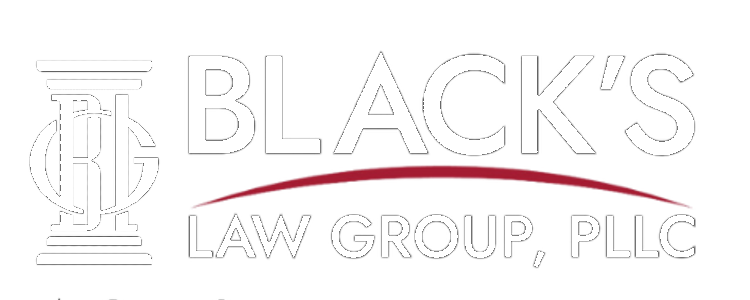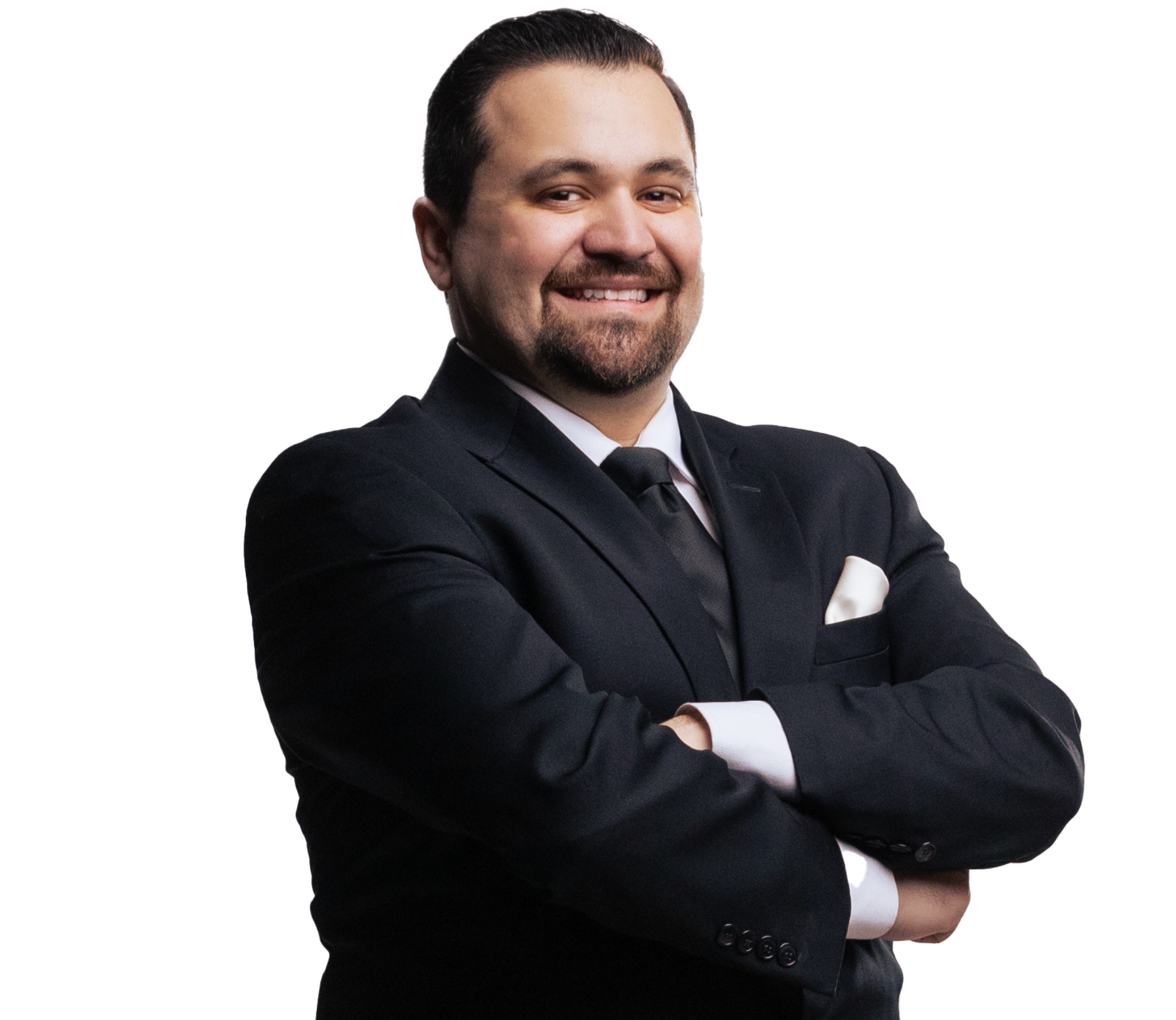The Department of Children and Families (DCF) is the Connecticut state agency tasked with ensuring the safety of children. In doing so, DCF is tasked with investigating reports that children have been neglected or abused. Although their investigations begin as a purely “within DCF” matter, they can quickly morph into a full blown court case.
If DCF contacts you regarding an allegation of abuse or neglect, you have the right to counsel and should always take advantage of it. DCF Social Workers are more than social workers. They are investigators. Understanding that should make it clear that when they contact you, there is a reason that they are doing so. They are looking to uncover mistreatment of children.
Although DCF”s agency role is a noble one, often, their intrusive and disruptive tactics can take over your life. Call a Connecticut DCF Defense Attorney, like ours at Black’s Law Group, early in the process when DCF gets involved to protect you and your family.
Who is DCF?
Yes, they are an administrative agency. Within that agency are social workers, counselors, attorneys, and people whose title may be social work but in fact, act as investigators. Together, they form the organization we call DCF.
What does a DCF investigation look like?
DCF has 45 days to conduct their investigation. During that time, they will seek to speak with you and any children that have been allegedly abused or neglected. DCF will then go further, seeking to speak with your child’s teachers, doctors, counselors or therapists, sports coaches, music teachers, friends, and more. From their perspective, they are evaluating whether a child is in trouble. Often from the parent’s perspective, DCF is causing embarrassment and annoyance.
These investigations are often sparked by an anonymous tip from a mandated reporter. Some professions, like law enforcement, schools, doctors officers, and more are actually required by law to make a report with DCF if they have any reason to believe abuse or neglect may be happening.
Like dealing with the police, anything that you say to DCF can and will be used against you. Having an attorney present with you, as is your right, allows someone else to help limit the conversation to what DCF actually needs rather than going on a fishing expedition through every nook and cranny of your life.
What can I do if DCF substantiated allegations of abuse or neglect?
After DCF has substantiated allegations of abuse or neglect, you have 30 days to file an appeal. A DCF substantiation appeal is like a trial. You can be represented by counsel, you can force DCF to present the evidence it had relied on to substantiate abuse or neglect, and you have the right to present your own defense through evidence and witnesses. DCF will need to prove their case by “probable cause,” which is unfortunately, a relatively low standard of proof.
What happens if DCF refers my case to court?
Your case may end up in court if DCF decides to file a “petition” alleging that your child has been abused or neglected. They will need to file the petition on behalf of one or all of the children allegedly abused or neglected and include with it a summary of facts substantiating abuse or neglect. This document works like an arrest warrant, explaining to the court why referring this case to the juvenile justice system is necessary.
Additionally, in cases involved abuse, DCF may seek to file for an order of temporary custody (OTC). An OTC allows DCF to remove the children from the home. If DCF files for an OTC, you have the right to contest that order through a full evidentiary hearing within 10 business days from your first court date.
Child protection cases take time to resolve. Once the case is in the system, there will be pretrial hearings, your attorney can file motions on your behalf, and ultimately, you can either settle the case without a trial or after a trial.
All child protection proceedings in juvenile court are entirely confidential, from the start to the end, regardless of whether you resole your case via a plea or instead, do so after trial.
What can an attorney do that I cannot do myself during a DCF investigation?
Many people make the decision to seek the advice of counsel during DCF investigations. However, they often do so after all of the investigating has already taken place. When situations like this happen, people are getting attorneys involved at a stage where DCF has likely made up their mind about the investigation one way or another.
Hiring an attorney early allows someone representing your interests to help manage the nature of DCF’s investigation.
If you are a parent facing a DCF investigation, consulting with an experienced, Connecticut DCF Defense attorney to protect your rights and interests can be the difference-maker in these cases. An attorney can help in your cooperation with DCF, assert your rights, and limit the scope of DCF’s intervention in your life. Sometimes DCF forgets that the facts aren’t always black and white. That’s where Black’s Law Group comes in. Call us today for a free DCF defense consultation.

